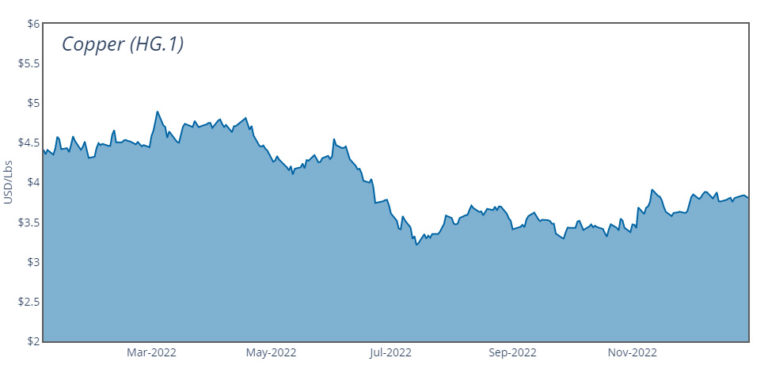Copper, an integral part of the global economy, is utilized extensively across numerous sectors, including construction, telecommunications, and, most notably, the growing renewable energy industry. Recent projections indicate an impending copper supply shortage due to increasing demand driven by global decarbonization and electrification initiatives. As a result, the “copper crunch” presents significant implications for the global economy, energy policy, and geopolitics.
Developing new copper mines is a complex, time-consuming task, necessitating extensive exploration, regulatory approval, and a lengthy lead time, often exceeding a decade. Thus, the potential for rapid increases in copper output to meet supply deficits is severely limited.
Regulation is a critical factor in this context. Strict environmental standards, labor laws, and protections for indigenous rights can further extend development timelines and inflate costs. Additionally, resource nationalism, where countries aim to retain control of their natural resources, can complicate matters by imposing export restrictions, increasing taxation, or outright nationalization.




